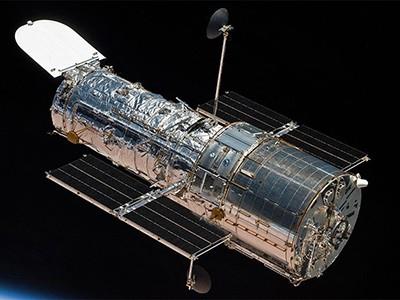Yes, the Hubble Space Telescope (HST) is still in use and remains one of the most productive scientific instruments in history. Launched in 1990, the HST has been orbiting the Earth for more than 30 years, providing stunning images and groundbreaking scientific data to astronomers around the world.
The HST has contributed to a wide range of scientific discoveries, including the measurement of the expansion rate of the universe, the discovery of dark energy, and the detection of numerous exoplanets. The telescope has also produced some of the most iconic images in the history of astronomy, such as the Pillars of Creation, the Hubble Deep Field, and the Hubble Ultra-Deep Field.

Despite its age, the HST remains a highly valuable scientific instrument. In fact, the telescope has undergone several upgrades and repairs over the years to enhance its capabilities and extend its lifespan. The most recent servicing mission took place in 2009, during which astronauts replaced several components of the telescope and installed new instruments, including the Wide Field Camera 3 and the Cosmic Origins Spectrograph.
The HST is operated by the Space Telescope Science Institute (STScI), which is located in Baltimore, Maryland. The STScI is responsible for managing the telescope's scientific programs, as well as processing and analyzing the data collected by the telescope. Astronomers around the world can submit proposals to use the telescope, and the STScI selects the most promising proposals for observation.
In recent years, the HST has continued to produce groundbreaking scientific data, even as newer telescopes, such as the Kepler Space Telescope and the Transiting Exoplanet Survey Satellite (TESS), have come online. For example, in 2019, the HST detected water vapor in the atmosphere of a potentially habitable exoplanet, marking the first time that water had been detected on a habitable-zone exoplanet. The HST has also played a key role in studying the properties of dark matter, investigating the structure of galaxies, and mapping the distribution of heavy elements in the universe.
Despite its continued scientific productivity, the HST is expected to reach the end of its operational lifespan in the coming years. The telescope's components are gradually degrading, and the telescope is expected to cease operations sometime in the mid- to late-2020s. However, the scientific legacy of the HST will endure, as astronomers continue to analyze the vast trove of data collected by the telescope over the past three decades.